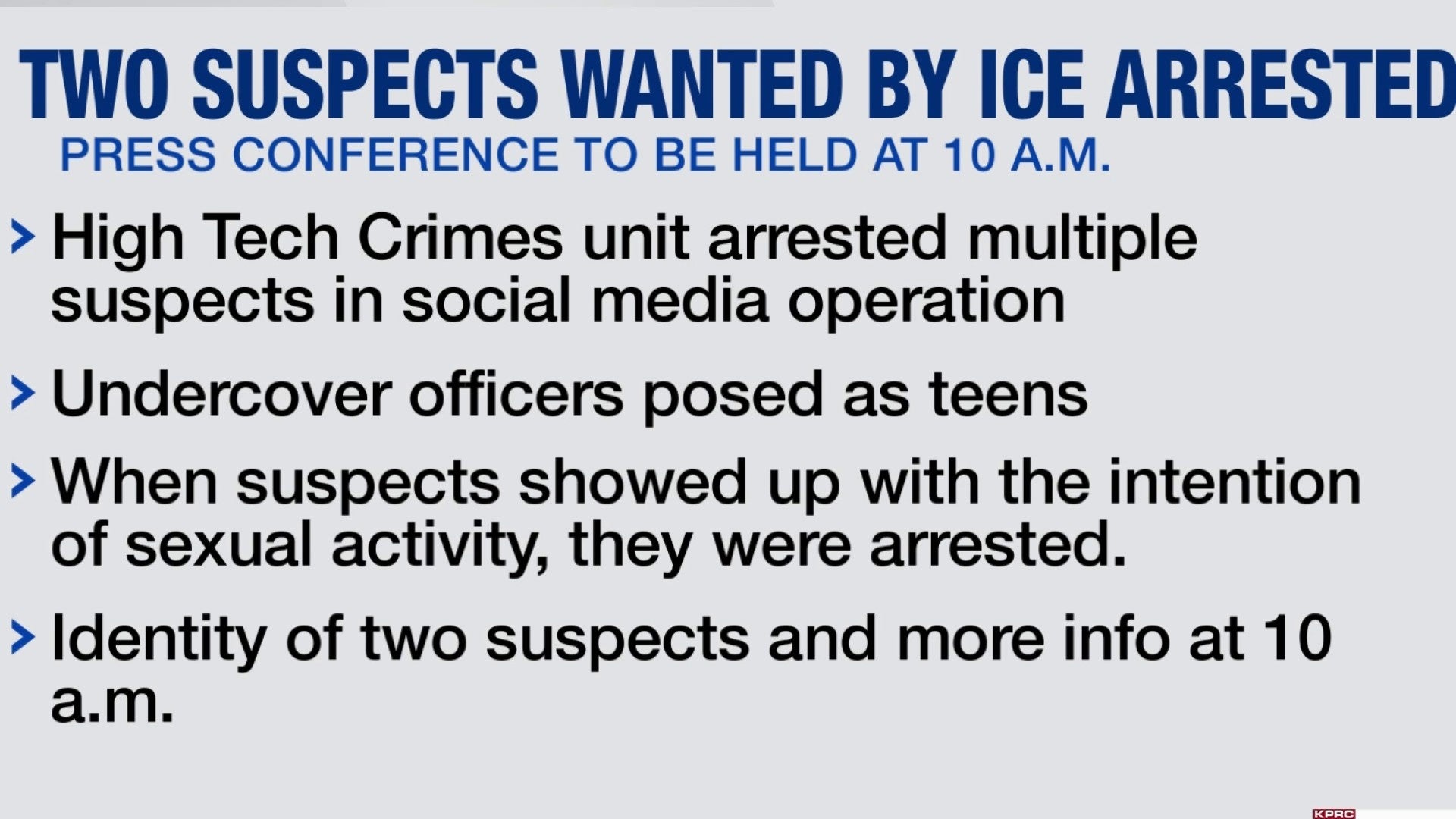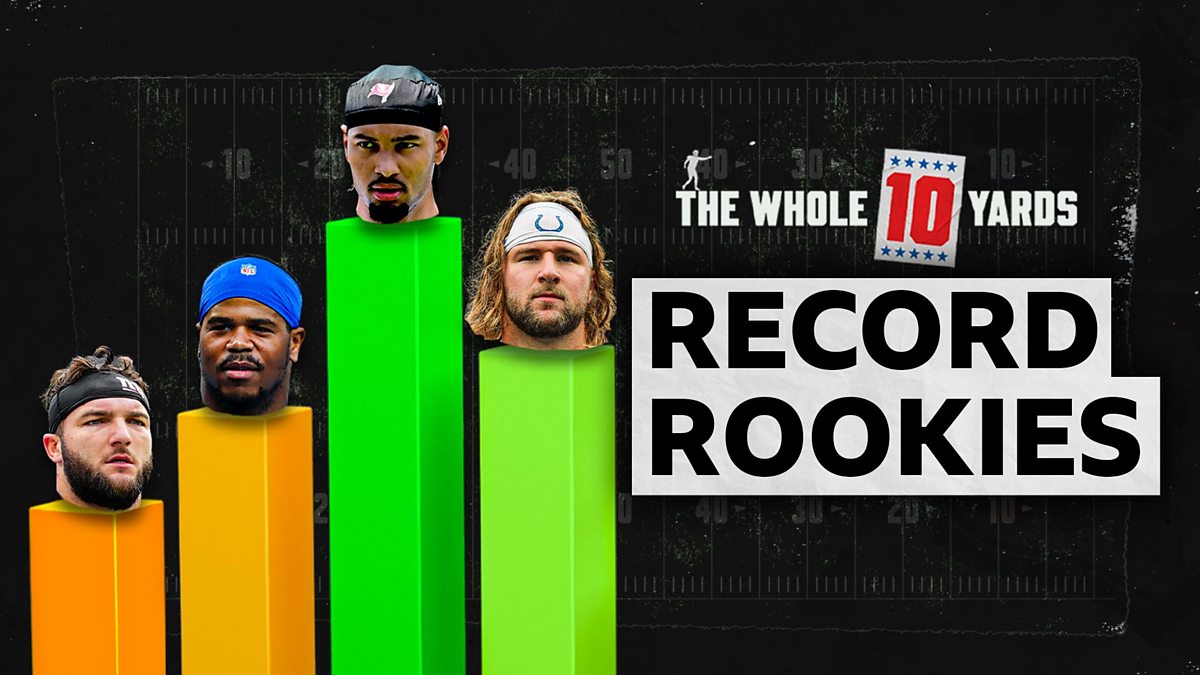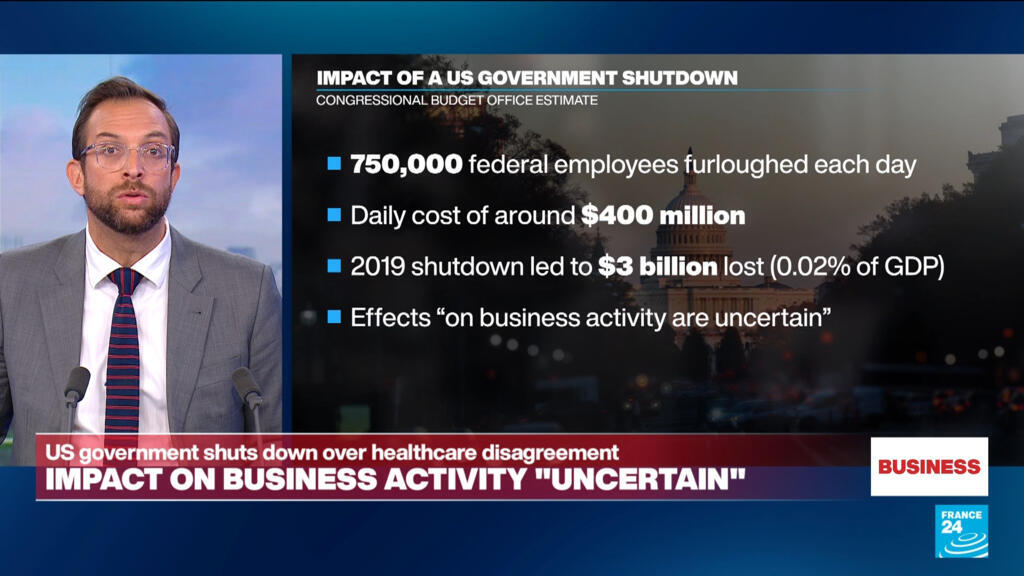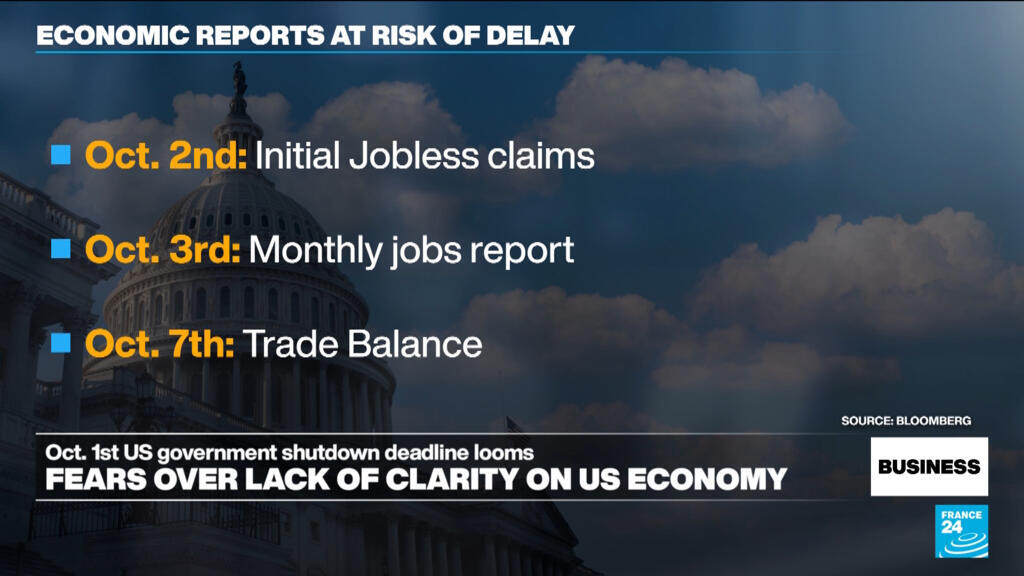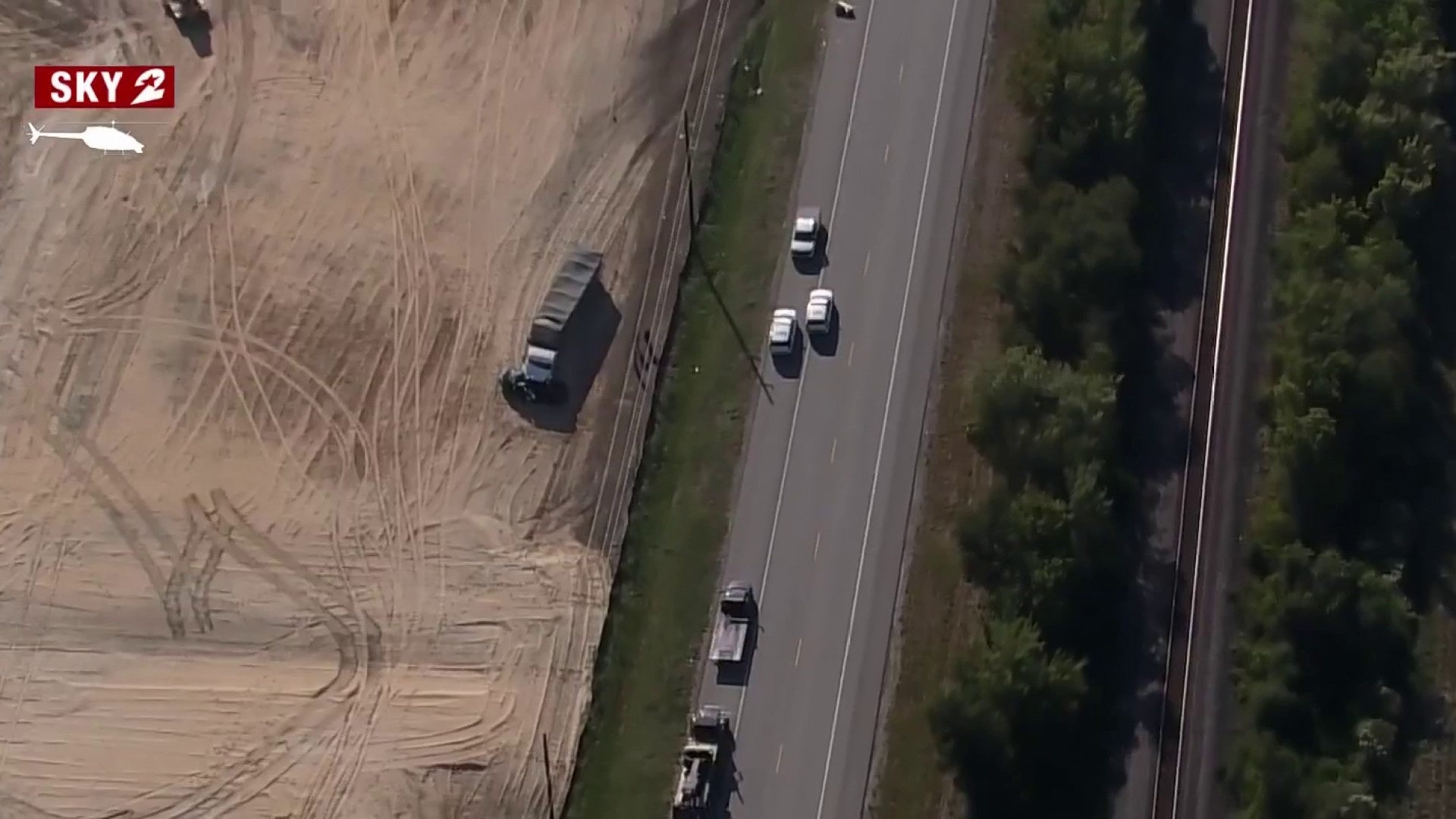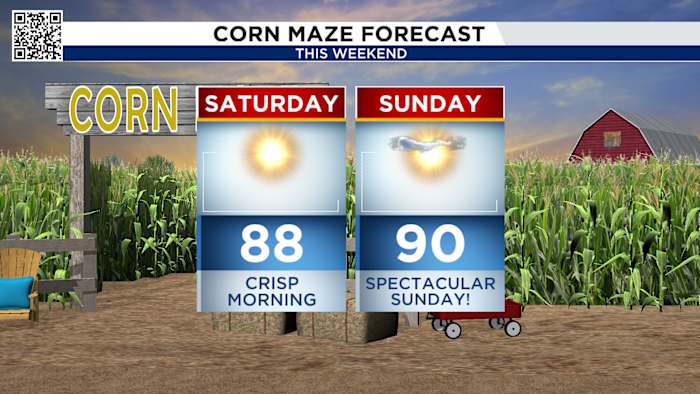AI fueling new wave of online child exploitation as 5 men arrested in Harris County sting
The arrest of five men in a Harris County sting underscores a growing crisis as predators increasingly use artificial intelligence to exploit and target children online.

The arrest of five men in a Harris County sting underscores a growing crisis as predators increasingly use artificial intelligence to exploit and target children online.
The arrests were made in an online child solicitation sting operation conducted by Harris County Precinct Four Constable’s Office, with two suspects facing additional federal immigration holds.
Reports of AI-generated explicit content targeting children have skyrocketed, increasing from 6,835 to 440,419 in just the first half of 2025.
“These suspects chatted with undercover officers online, made plans and deals with who they thought to be our children,” Constable Mark Herman said at a press conference. “When they arrived at the locations, I’m happy to say they were in for a rude awakening.”
The operation, conducted by Herman’s High Tech Crimes Unit along with multiple law enforcement agencies, used undercover officers posing as juveniles on social media to identify and apprehend adults willing to meet children for sexual activities.
Rising threats to children in Texas
The arrests highlight growing concerns about online predators in Texas, where 31,864 children were reported missing in 2024 alone, part of 44,783 total missing persons cases statewide.
Child safety advocates warn that generative artificial intelligence (GAI) has dramatically changed how predators can victimize children online.
Predators are now using GAI technology to create realistic but fake explicit images by taking children’s faces from social media or school pictures and generating artificial nude photos.
“AI has absolutely changed the game and how easy it is to victimize children,” said Caroline Roberts, the General Counsel at Children @ Risk.
These fabricated images are then used to threaten, humiliate, or blackmail victims.
Anna McAdams knows that all too well. From North Texas, she spoke to state lawmakers in 2024 after her 14-year-old daughter had photos ripped from social media and altered to look like nude photos.
“If you were somebody out there and saw these photos, you would think that they’re child porn,” McAdams told lawmakers last year. “He took innocent pictures of them off of Instagram and applied nude body parts to the pictures. The realistic part of that is horrific. It was nothing more than child porn.”
Gage Goulding: “If you don’t think AI plays a role in child porn and predators getting to children, you are badly mistaken.”
Caroline Roberts: “You are absolutely mistaken.”
Protecting children online
Child safety experts recommend several steps to protect minors from online predators:
- Use data-encrypted safe sharing apps instead of posting on social media
- Utilize the “Take It Down” resource to help remove explicit images from the internet
- Monitor children’s online activities and social media presence
- Educate children about the dangers of online interactions with strangers




